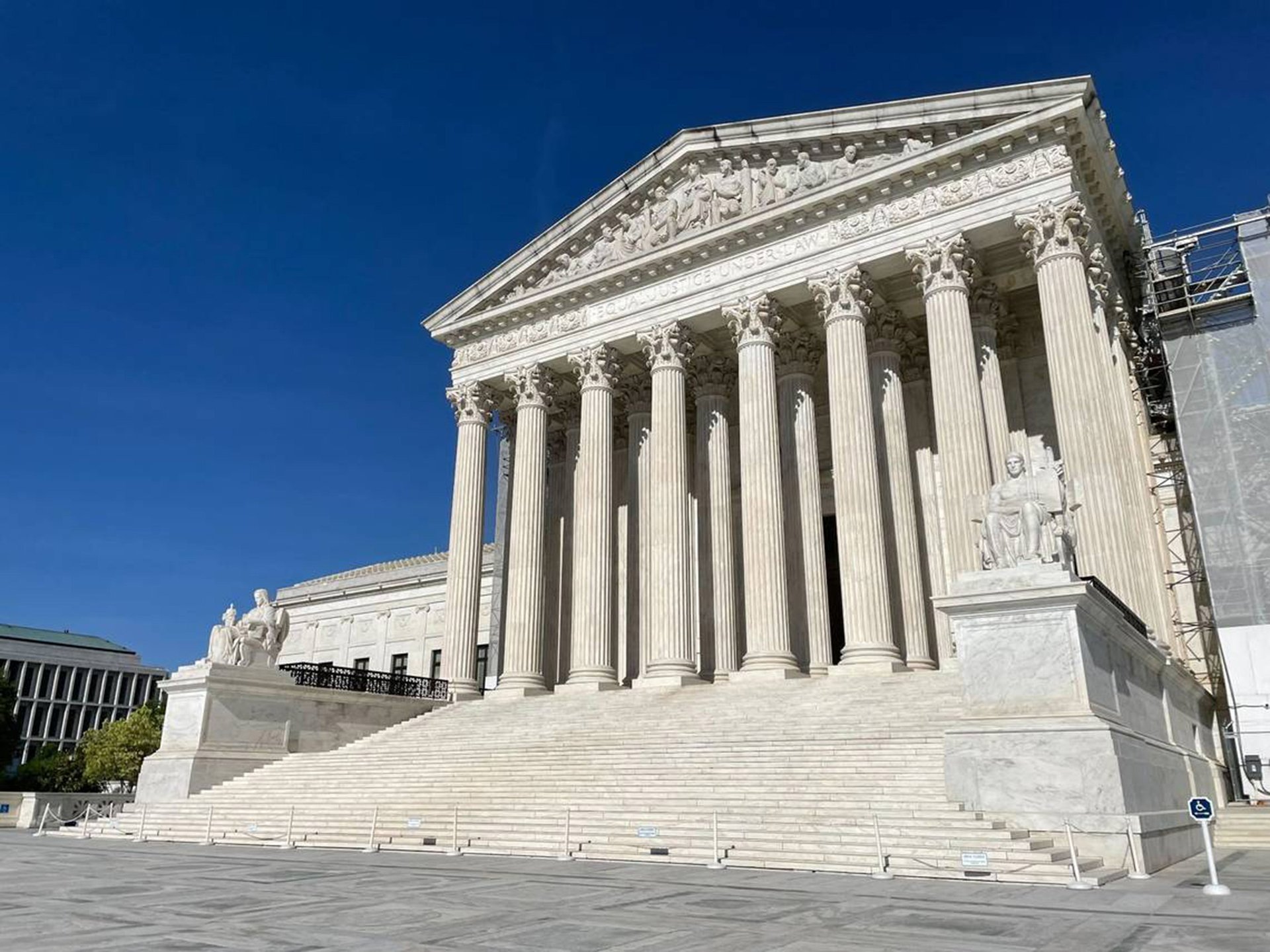The Supreme Court just blocked Purdue Pharma's OxyContin settlement that protects the Sackler family
The rejected settlement would have shielded the Sackler family, which owns the company, from future lawsuits

The United States Supreme Court rejected on Thursday a nationwide, multi-billion dollar settlement involving OxyCotin maker Purdue Pharma. The rejected settlement would have provided billions of dollars to programs combating the nation’s opioid epidemic. It would have also shielded the Sackler family, who own the company, from future lawsuits.
Suggested Reading
The court ruled 5 to 4 to block the settlement holding that the nation’s bankruptcy code does not allow Purdue to enter a settlement that would shield members of the Sackler from existing and future civil claims.
Related Content
“The Sacklers seek greater relief than a bankruptcy discharge normally affords, for they hope to extinguish even claims for wrongful death and fraud, and they seek to do so without putting anything close to all their assets on the table,” Justice Neil Gorsuch wrote in the majority opinion. “Describe the relief the Sacklers seek how you will, nothing in the bankruptcy code contemplates (much less authorizes) it.”
A federal appeals court approved the agreement in last year. The agreement would have seen the Sackler family paying up to $6 billion and give up ownership of the company. However, the Supreme Court paused the arrangement last August to review the case.
Justices John Roberts, Sonia Sotomayor, Elena Kagan and Brett Kavanaugh dissented today’s decision.
“As a result, opioid victims are now deprived of the substantial monetary recovery that they long fought for and finally secured after years of litigation,” Kavanaugh wrote in the dissent.
Bankruptcy expert John Richer from the national law firm Hall Estill told Quartz, in a statement, that while the decision is disappointing for victims of the opioid crisis, it provides clarity for future bankruptcy cases.
“In a 5-4 ideologically scrambled opinion, the Court ruled that a bankruptcy settlement that proposed a release of all claims and future litigation against the owners of Purdue Pharma, who had not filed for bankruptcy themselves, was a bridge too far under the Bankruptcy Code,” Richer said.
Purdue Pharma launched OxyContin in 1996 and its aggressive marketing of the drug is considered a catalyst for the nation’s opioid addiction epidemic.